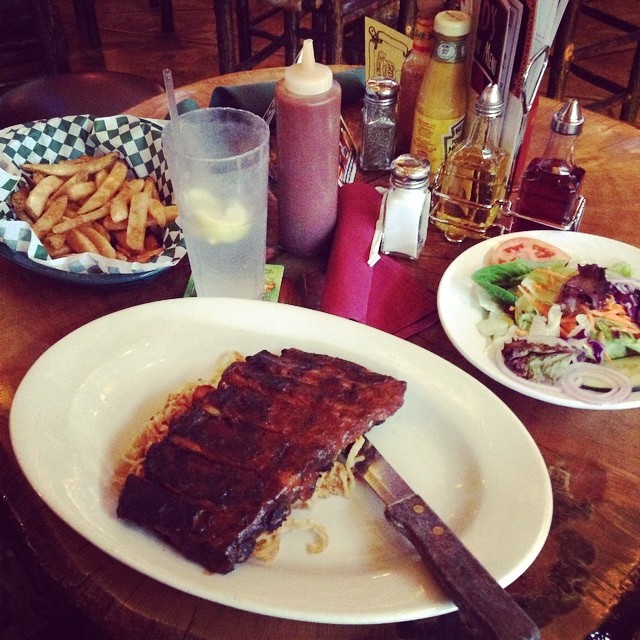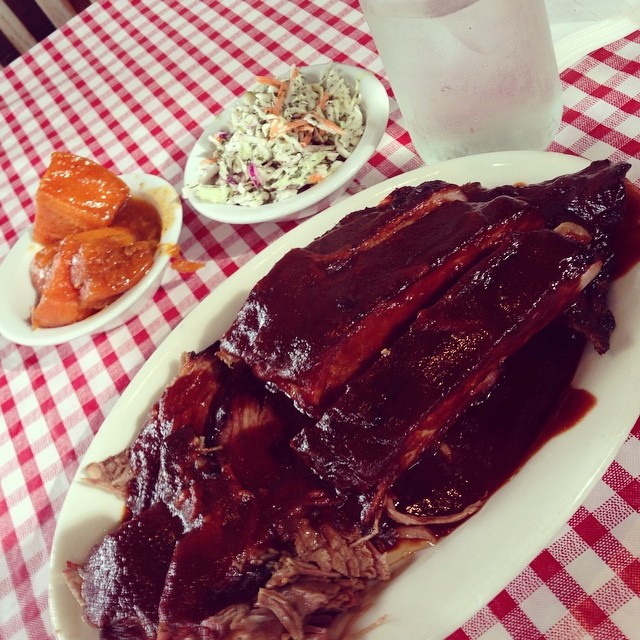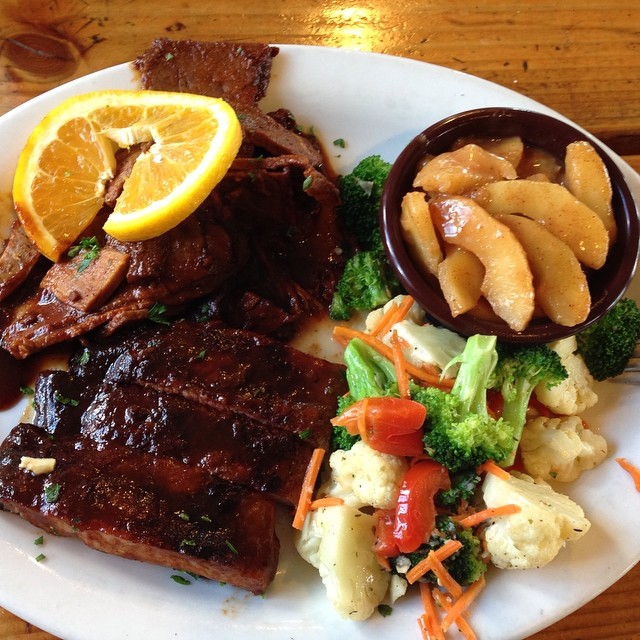In lieu of events that started in December 2013 and still are happening in Ukraine (originally part of the Russian Empire and then the USSR), events that resulted in Crimea becoming a part of Russian Federation, I picked up a book about the Crimean War of 1853-56. The book turned out to be a longer than I expected, about 600 pages, but I enjoyed every single page of it because the author gives such a good geopolitical picture of what was going on before and after the war, as well as the atmosphere and trends of the major part of the 19th century. The book is called The Crimean War: A History by Orlando Figes and it’s available in Kindle on Amazon.com.
I vaguely remember the very brief coverage of the Crimean War during my high school history class: something about the heroism of soldiers and Russian backwards technologies. It was good to look at the events from the British author’s point of view. Here are the things the surprised and impressed me the most:
- The Crimean War was the first modern war which involved heavy industrialized manufacturing — at least on the side of France and the British Empire — and the attrition warfare closely resembled World War I.
- The public opinion was the major factor influencing French, British and Russian rulers in entering and ending the conflict — just like now!
- The war started for many geopolitical (weakening of the Ottoman Empire), populist (the British press was very anti-Russian) and personal agendas (Nicholas I believed in the holy mission and the third Rome idea, and Napoleon III needed a victory to increase his influence).
- Nobody liked the poor Turks, not even their French and British allies.
- There were highly effective and flamboyant French Zouave troops after which the American Civil War Zouaves were modeled just a few years later.
Interestingly enough, not many things have changed over 160 years in terms of the influence of public opinion and attempts at controlling it. Back then, the British Empire had free press, but there was some censorship of photography and in the army, e.g., the officers writing about the horrors of the first winter were considered traitors by their commanders. Orlando writes that the French emperor Napoleon III had spies everywhere and a tight grip on the press with censorship. The same things were true for the Russian Tsar Nicholas I.
One thing that changed dramatically was the speed of communication. The news traveled very slowly during the Crimean War — it took a few days in the beginning of the conflict for the news to reach its destination until the telegraph line was laid under the Black Sea (for the allies). Now, we can just sit in the comfort of our homes, scanning Twitter with the #Ukraine hashtag, and getting real-time updates, photos and even live streams of events miles away!
PS: Twitter stops indexing search results after a couple of days, so you might want to try Storify for historical searches, e.g., https://storify.com/search?q=ukraine.








 Hard not to love this place.
Hard not to love this place. Much aho — extra garlic.
Much aho — extra garlic. Extremely fresh and meaty oysters at the marina cafe.
Extremely fresh and meaty oysters at the marina cafe. An hour spent manivering between hustling people.
An hour spent manivering between hustling people.